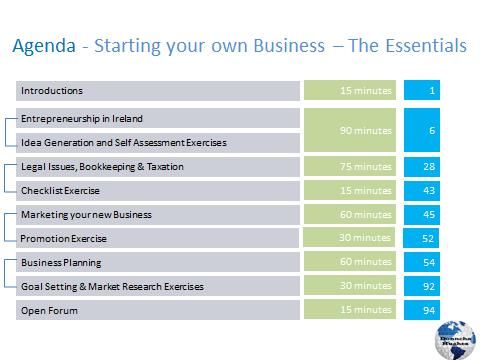How to Choose the Right Business Structure
Choosing the right business structure is crucial for the success of your tech business. The type of structure you choose will impact your taxes, legal liability, and the way you run your business. In this article, we will discuss the various business structures available and help you determine which one is the best fit for your tech company.
Sole Proprietorship
A sole proprietorship is the simplest form of business structure. It is easy to set up and gives you complete control over your business. However, as a sole proprietor, you are personally liable for any debts or legal obligations of the business. This means your personal assets are at risk if your business runs into financial trouble.
Partnership
A partnership is a business owned by two or more individuals. There are two main types of partnerships: general partnerships and limited partnerships. In a general partnership, all partners are personally liable for the business’s debts. In a limited partnership, one or more partners have limited liability, but their involvement in the business may be restricted.
Limited Liability Company (LLC)
An LLC is a popular business structure for tech startups. It combines the flexibility and tax benefits of a partnership with the limited liability of a corporation. As an LLC, your personal assets are generally protected from business debts and lawsuits. However, setting up an LLC involves more paperwork and costs than a sole proprietorship or partnership.
Corporation
A corporation is a separate legal entity from its owners. It offers the most protection from personal liability but involves more complex legal and tax requirements. There are two main types of corporations: C corporations and S corporations. C corporations are subject to double taxation, while S corporations pass through profits to their shareholders, avoiding double taxation.
Considerations for Choosing the Right Business Structure
When choosing the right business structure for your tech company, consider the following factors:
Legal liability: How much personal liability are you willing to take on?
Tax implications: What are the tax benefits and burdens of each business structure?
Cost: How much will it cost to set up and maintain the business structure?
Growth potential: How do you plan to grow your tech business in the future?
Conclusion
Choosing the right business structure is a crucial decision that can impact the success and longevity of your tech company. Consider consulting with a tax professional or legal advisor to help you make an informed decision. By carefully evaluating your options and understanding the implications of each business structure, you can set your tech business up for success.


